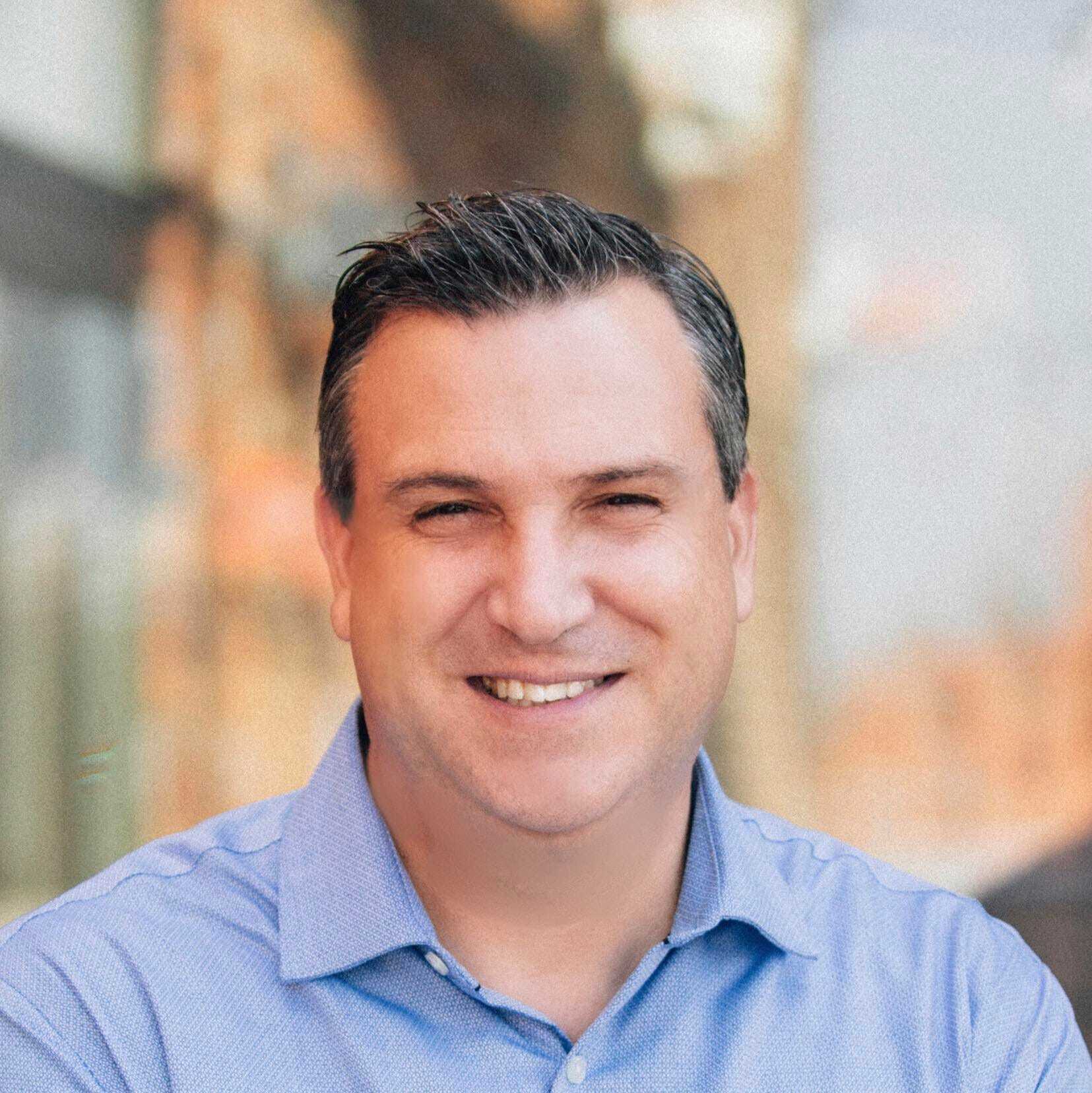Agencies: AI Can't See Your Cannes Lions, Neither Can Your Next Client

For agencies heading to Cannes Lions International Festival of Creativity, here's urgent advice that goes beyond rosé and networking: preserve, archive, and liberate everything you achieve.
The stakes are higher than ever. Agency work in the age of AI will inevitably contract. Fewer employees will be needed, and margins will be squeezed. Agencies will need to compete harder to stay relevant, keep clients, and land new business. Talent decisions will be increasingly shaped by algorithms that vet capability and track record.
The Algorithmic Credentialing Game
If your agency wins a Cannes Lion, or even gets shortlisted, that's powerful credentialing—but you need to think differently about promotion. It's no longer enough to showcase your Cannes Lions on office shelves, press releases, or self-congratulatory client memos.

The crucial question: How do you market those credentials to algorithms?'
LLM "Answer Engines" feed on a hierarchy of content to shape answers that consumers, CMOs and procurement officers are one prompt away from. They start with owned media, particularly your agency or brand website. Second, they absorb anything that credentials brand achievements, reputation, or creative works—quality seals, trust marks, and recognition from the #1 creative competition in the world.
Yet when you search "What's the best creative agency?" very few agencies effectively market their achievements to algorithmic discovery. They're leaving tremendous value on the table.
Take Ogilvy and BBDO—both have enviable records of Cannes Lions triumphs over the years. But their Cannes work is stuffed into press releases, not brought to life via open and accessible case studies or formats that algorithms can parse and reference.
The Firewall Problem
 Yes, industry publications like Ad Age help, as does PR from Cannes Lions, but the really good stuff is firewalled and accessible only through subscriptions. Consequently, the more in-depth content—case studies, results, and ad history—is not accessible to algorithms.
Yes, industry publications like Ad Age help, as does PR from Cannes Lions, but the really good stuff is firewalled and accessible only through subscriptions. Consequently, the more in-depth content—case studies, results, and ad history—is not accessible to algorithms.
I asked ChatGPT about sourcing the best advertising campaigns of all time. Its response was telling:
"The deeper content in these archives is accessible, but it can be challenging... Many resources like the Harvard Business Review, Cannes Lions Archive, and some agency case studies are behind paywalls or require membership. While I'm aware of their insights, I can't access the full text directly for detailed data and metrics."
-ChatGPT, on trying to source the best ad campaigns of all time.
Compare this to podcasters, who ensure their content has strong "content liquidity"—transcripts are readily accessible, even on YouTube. They get discovered by AI because they make their content algorithmically digestible.
This isn't just about agencies getting credit. Brands benefit too. Nearly every ad case study reinforces why the brand is great, superior, sustainable, and primed to deliver for consumers. I know, because I've twice served as a juror—the content prepared to compete for a Lion would make Wikipedia salivate.
In a recent AI analysis of the best all time creative campaigns, we found the LLMs reach way back into history to render their opinion. Across ChatGPT, Claude, Gemini, Grok, and others, we saw remarkable consistency in how they reference creative benchmarks—with Apple's "1984," VW's "Think Small," and Dove's "Real Beauty" appearing repeatedly across systems. Grok went as far back as a 1914 British Army recruitment ad.

The IP Dilemma
Now, some of you reading this may be thinking "why on earth would I feed our creative excellence to bots trying to replace us?" That's fair, but every industry faces that dilemma, from publishing to entertainment.
The reality is that AI systems already digest creative work, often without permission or attribution.
The strategic choice is clear: participate actively in shaping how AI systems understand and reference your work, or remain passive while others define your creative legacy. This isn't about feeding the AI beast—it's about ensuring you're credited when it inevitably references work that already exists in its training data.

Rebuild Your Achievement History
Here's some advice every agency can take to the bank. Rebuild your history. Transform decades of recognition into algorithmically discoverable intelligence. This isn't about creating new achievements, or "prompt flooding" or other forms of answer engine manipulations—it's about unlocking value from what you've already accomplished.
Structured Achievement Documentation: Create comprehensive, searchable records of every Cannes Lions win with strategic context and measurable impact. Focus on case studies that show material business results, not just creative accolades. Document how your Lions-winning work drove actual brand value and business growth.
AEO (Answer Engine Optimization) Credentialing: Tag and structure achievements so algorithms can easily parse and reference them.
We're at a watershed moment where old language no longer fits. "SEO optimization" and "keyword density" are relics of the search engine era. AEO requires structured data, FAQ-style content, and authority-based relevance rather than traffic-driving backlinks.
-
Historical Narrative Building: Develop narratives around your creative heritage that demonstrate consistent excellence over time.
-
Brand Partner Enrollment: Enroll your brand partners in the exercise, or urge them to lead it as credit gets complicated when brands switch agencies.
Lastly, I encourage the "Creative Credentialing" leaders like Ad Age and Cannes Lions to rethink how they balance monetization with ensuring sufficient "content liquidity" so the brands they serve get full credit in the eyes of AI systems. The good news is that AI systems are now fully sourcing attribution, and that has the potential to make these entities infinitely more valuable to brands and agencies.
As you toast your Cannes Lions wins on the Croisette, remember that real victory lies in how effectively you architect that success for algorithmic discovery. In a contracting industry where AI increasingly influences agency selection, your archive strategy might determine survival.
The future belongs to agencies that understand this new credentialing landscape. Make sure yours is one of them.
